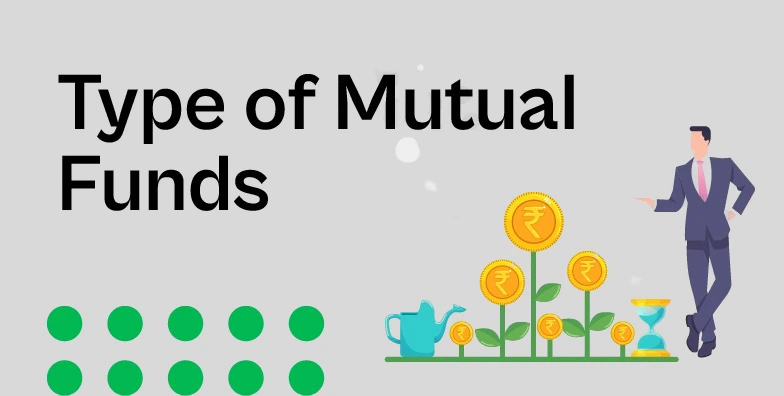
How Can I get Information on Tax Exempt Funds
Tax-exempt mutual funds invest on both government and municipal bonds that provide tax-free interest which is normally not included in federal income tax. These fund forms are much sought after by investors who want tax exempt income especially those in higher tax brackets. Almost all the investing businesses offer their customers with tax exempt mutual funds and some of them focus in this kind of services.
What Is a Mutual Fund?
A mutual fund is a very liquid kind of product which is quite suitable for the majority of people. And although the mutual fund is technically speaking an investment company, the term is used most frequently to describe the mutual fund’s portfolio.
Exchange traded funds are one of the simplest means of diversifying portfolio without having directly to manage many securities. They are usually operated by professionals who source for and dispose assets for the benefit of the investors. Shareholder contributions are placed in a fund where mainly equities, bonds or short-term debts are purchased and the realized gains are divided among the investors in proportion to the investment shares.
Types of Mutual Funds

There are four primary types of mutual funds:
-
Stock Funds: Buy mostly stocks and can be anything from very aggressive to more conservative.
-
Bond Funds: Why participate in debt securities where profit is more constant, but usually lower than equity securities. It is usual for such funds to offer long-term income streams to the recipients.
-
Balanced Funds: Mix both the stocks and the bond in right proportion to allow a reasonable volatility and returns.
-
Money Market Funds: Formerly referred to as Cash Equivalent Funds, money market funds are made up of short-term debt instruments; T-bills; and commercial papers with a maturity of thirteen months or less.
What Are Tax-Exempt Funds?
Municipal fund is a tax-exempt form of mutual funds that invest in tax –exempt securities, namely government or municipal bonds, otherwise known as munis. The interest resulting from these bonds is often exempt from federal income tax.The tax effect of the strategies is that the genuine interest on the bonds is normally, although not invariably, free of federal income tax. Such bonds offer a tax advantage in some cases, more so where the bonds are sold within the investor’s state of residence and the interest accrued is free from federal income tax, state taxes, and municipal taxes.
Unfortunately, not all bonds are exempt from every kind of tax. For instance, gains from some of the bonds may be exempt from state or municipal income taxes but they will attract federal income tax. This is often the position with Treasury bonds (T-bonds ), where the interest is exempt from state and local taxes yet still subject to federal taxes.
Tax Consequences Relating to Tax – Exempt Funds

While the fundamental advantage of tax-exempt mutual funds is the tax-free interest income, investors should be aware of certain key tax implications:
-
Lower Returns: Since tax-exempt funds invest primarily in municipal bonds, which are usually classified as having very low risk, these funds paid lower yields than other mutual funds investing in higher risk, hence higher returning, securities like equities.
-
Capital Gains Tax: Although the income earned on government bonds in tax-exempt funds is generally tax-exempt, any profit realised when selling the bonds is not tax-exempt. When a fund sells a bond at a premium—meaning for more than it cost, investors can end up paying taxes on those gains even while the bond’s interest income is tax-free.
-
Fund Management: A mutual fund’s investors has no say when it comes to the purchase or disposal of bonds. This means that there may be additional unexpected tax if the fund make capital gains, rather than earning simple interest on the investment.
Read Also: Analyze Merrill Edge Index Funds Performance
How Do I Pick the Right Tax Exempt Funds?:
To zero down the process on the best tax-exempt mutual funds possible, review some of the requirements including state-specific bonds, expense ratio of the fund and performance history. They have gone further in adding that speaking to a financial expert will also help determine which of the tax-exempt funds line up with one’s financial investment goals.
Can Tax-Exempt Mutual Funds Be Exempt From State And Local Taxes?
For instance, some types of fundamental mutual tax sheltered funds such as bond based investment meant for state and local authorities free from federal, state, and municipal levies. These are referred to as ‘‘Triple Tax Exempt’’ funds but the truth is depends on the precise bonds in the fund.
How are Tax-Exempt Mutual Funds Helpful in My Integrated Tax Position?
There are tax-exempt mutual funds that help to cut down on taxable income offering interest income that is tax free from the federal income tax. Nonetheless, due to tax flexibility, tax exemptions, and tax minimization, some bond funds can still attract several taxes depending on your tax bracket and the type of bonds featured in the fund such as taxes on capital gains and some interest taxes on bonds that are not 100% tax-free.
The Bottom Line
This means that tax-exempt mutual funds could be the best investment solution for reliability of tax –free income especially for those investors who are in the higher tax bracket. Though this might be the case, it is equally important that additional factors be taken into consideration fully understanding these types of funds including the fact that they may entail capital gains which are SUBJECT to taxation as well as lower performance compared to other investment structures. Always return here unknown and try to consult a financial advisor to check whether these products are suitable for you.


